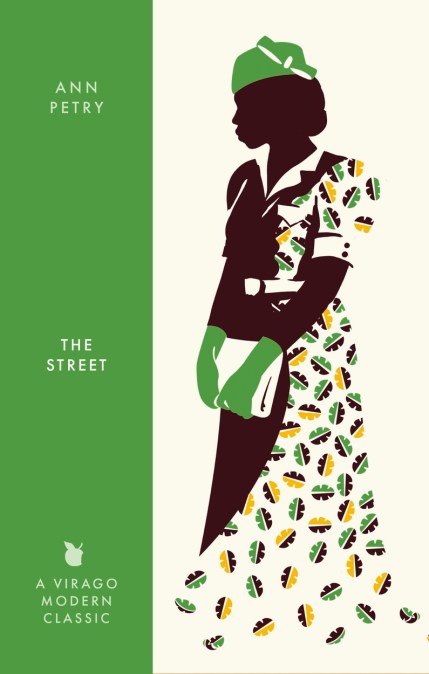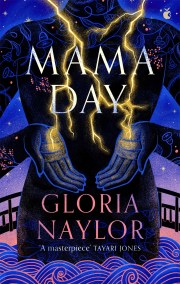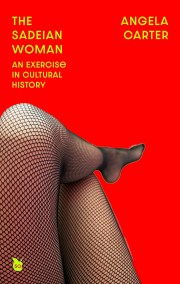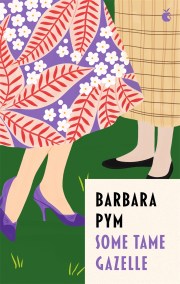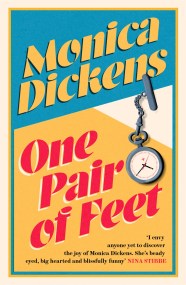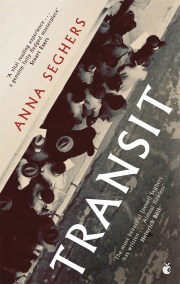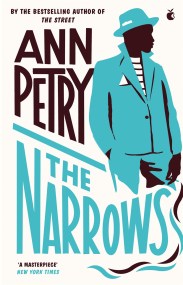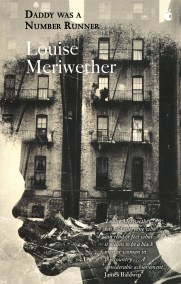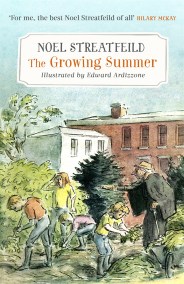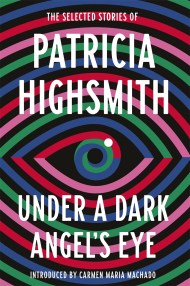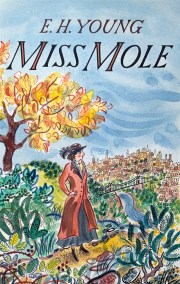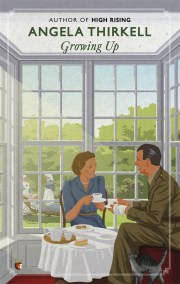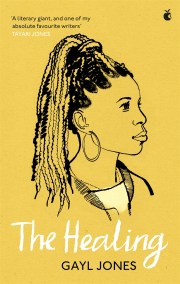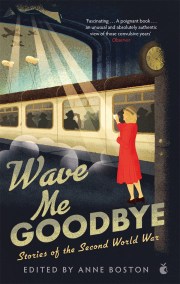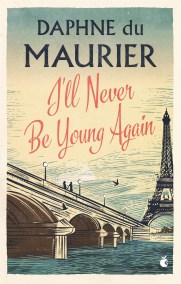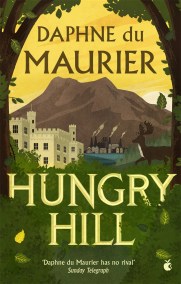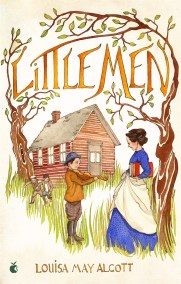From the time she was born, she had been hemmed into an ever-narrowing space, until now she was very nearly walled in . . .
New York City, 1940s. In a crumbling tenement in Harlem, Lutie Johnson is determined to build a new life for herself and her eight-year-old boy, Bub. Having left her unreliable husband, Lutie believes that with hard work and resolve, she can begin again. But in her struggle to earn a respectable living amid the violence, poverty and racial dissonance of her surroundings, Lutie is soon trapped: she is a woman alone, ‘too good-looking to be decent’, with predators at every turn. The first book by a Black woman to sell more than a million copies, The Street combines the pace of a thriller with an unflinching portrait of injustice and hope.
Introduced by TAYARI JONES
‘The prose is clear, the plot is page-turning, the characters are utterly believable’ CHIMAMANDA NGOZI ADICHIE
‘Like the human experience, this book is riddled with pain, but somehow powered by hope’ TAYARI JONES
‘I’ve recently had my brain re-wired by Ann Petry, and it’s that exhilarating feeling of falling in love with one of your lifetime writers for the first time’ BRANDON TAYLOR
New York City, 1940s. In a crumbling tenement in Harlem, Lutie Johnson is determined to build a new life for herself and her eight-year-old boy, Bub. Having left her unreliable husband, Lutie believes that with hard work and resolve, she can begin again. But in her struggle to earn a respectable living amid the violence, poverty and racial dissonance of her surroundings, Lutie is soon trapped: she is a woman alone, ‘too good-looking to be decent’, with predators at every turn. The first book by a Black woman to sell more than a million copies, The Street combines the pace of a thriller with an unflinching portrait of injustice and hope.
Introduced by TAYARI JONES
‘The prose is clear, the plot is page-turning, the characters are utterly believable’ CHIMAMANDA NGOZI ADICHIE
‘Like the human experience, this book is riddled with pain, but somehow powered by hope’ TAYARI JONES
‘I’ve recently had my brain re-wired by Ann Petry, and it’s that exhilarating feeling of falling in love with one of your lifetime writers for the first time’ BRANDON TAYLOR
Newsletter Signup
By clicking ‘Sign Up,’ I acknowledge that I have read and agree to Hachette Book Group’s Privacy Policy and Terms of Use
Reviews
This is a wonderful novel - the prose is clear, the plot is page-turning, the characters are utterly believable. It also manages to be a socially and politically astute study of a Black woman's life, a hardworking, divorced mother of a son, as she navigates different challenges in 1940s Harlem
The Street is my favorite type of novel, literary with an astonishing plot . . . Petry engages the issues of her day, which sadly are the issues of our day as well . . . I just can't figure out why this work is not more widely read and celebrated . . . Sometimes when a writer is regarded as "before her time" we don't quite understand that the same work is still right on time. Petry is the writer we have been waiting for, hers are the stories we need to fully illuminate the questions of our moment, while also offering a page-turning good time. Ann Petry, the woman, had it all, and so does her insightful, prescient and unputdownable prose
An exceptional first novel . . . a sobering, saddening drama
A major literary invention . . . A truly great book
Ann Petry's first novel, The Street, was a literary event in 1946, praised and translated around the world - the first book by a black woman to sell more than a million copies . . . Her work endures not merely because of the strength of its message but its artistry . . . Petry will always feel on time. Her kind of talent will always feel startling and sui generis: The music of her sentences, and their discipline; her unerring sense of psychology; the fullness with which she endows each character, which must be understood as a kind of love; the plots that commandeer whole hours and days. (I am writing this review in a swivet of shame, in fact, in the baleful eyeline of an unwalked dog, unwashed dishes, unanswered emails.) Her work endures not only because it illuminates reality, but because it harnesses the power of fiction to supplant it
A powerful, uncompromising work of social criticism. To this day, few works of fiction have so clearly illuminated the devastating impact of racial injustice

